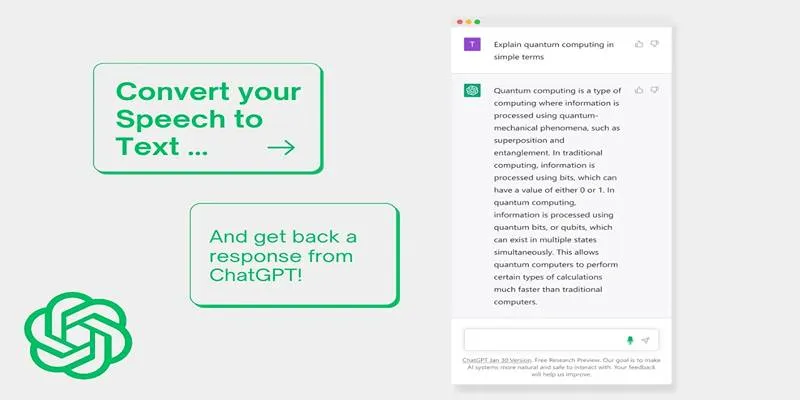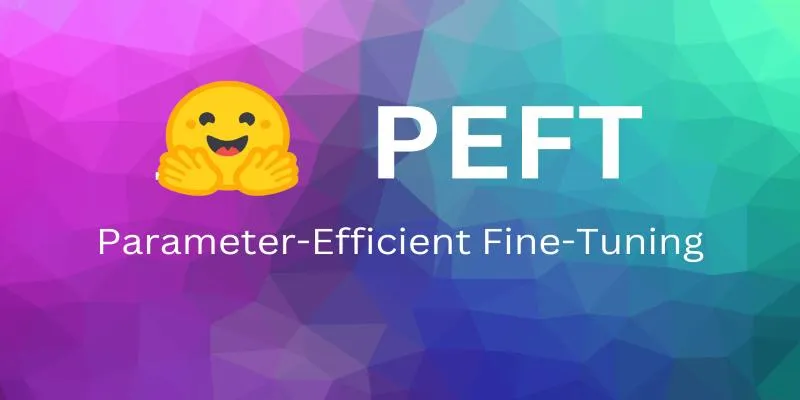Since its launch, the ChatGPT Plugin Store has significantly broadened the capabilities of OpenAI’s conversational AI platform. By integrating third- party tools, users can access everything from travel bookings to coding assistants within a single interface. However, as more people adopt these plugins, expectations are rising.
While many plugins offer valuable features, regular users have highlighted areas for improvement. From challenges in discovering the right plugins to concerns over user trust, the need for enhancement has become apparent. As the landscape of AI tools becomes increasingly competitive, optimizing the plugin experience is crucial for sustaining user engagement. Here are four specific improvements users are eager to see in the ChatGPT Plugin Store.
Key Areas of Improvement Users Are Demanding
These are the top four areas where users seek enhancements from the ChatGPT Plugin Store. Based on direct user feedback, these updates highlight essential features needed to make the plugin experience more user-friendly, secure, and efficient.
1. Better Plugin Discovery and Categorization
One major frustration for users is the challenge of finding the right plugin for specific tasks. As the number of available plugins increases, the current discovery system—which lacks advanced filters, intelligent recommendations, and user-driven sorting—feels outdated. Users often find themselves scrolling through extensive lists or relying on trial and error to find a suitable plugin.
Enhancing discovery tools would not only improve usability but also boost user retention. Smart filters based on task categories, recent plugin activity, user reviews, or AI-generated tags could quickly guide users to the most appropriate tools. Personalized suggestions tailored to a user’s activity history, installed plugins, or previous interactions with ChatGPT could further streamline the experience.
Creating a dedicated section for new, trending, or top-rated plugins would encourage exploration while reducing friction. Improved navigation and search algorithms would also increase the visibility of niche plugins, helping developers reach relevant audiences more effectively.
2. Stronger Trust and Transparency Features

With third-party developers contributing to the Plugin Store, many users feel the current system lacks sufficient transparency. Concerns about data privacy, plugin security, and developer accountability are common, especially when plugins request access to sensitive information or perform high-risk functions.
Improved trust indicators would help address these concerns. Each plugin could feature a detailed developer profile, highlighting identity verification status, active maintenance frequency, and user-reported performance issues. Comprehensive changelogs and update histories would also enhance credibility.
Data-handling policies should be clearly displayed, outlining whether any user information is stored or transmitted externally. OpenAI could implement a voluntary or mandatory security audit system to verify whether plugins meet minimum privacy and safety standards. Verified badges and user trust scores would help users make better-informed decisions, particularly when handling financial data or installing utility plugins.
This layer of transparency would foster a healthier relationship between developers and users, creating a safer environment while encouraging responsible innovation.
3. Unified User Experience and Interface Enhancements
While ChatGPT’s main interface is generally polished and intuitive, plugin interactions can feel inconsistent. Some plugins activate smoothly, while others behave unpredictably or require unnecessary steps to operate effectively. These inconsistencies can lead to user confusion, reduced engagement, and lower satisfaction rates.
A unified experience would begin with a visible and interactive plugin dashboard, where users could toggle tools on and off, review usage history, and adjust plugin preferences. Visual cues indicating active plugins during a session would improve transparency and help prevent unintended activations.
ChatGPT could also provide in-session plugin previews and auto-suggest relevant plugins when a user begins a related prompt. For example, if a user asks about travel planning, ChatGPT could recommend appropriate travel plugins based on available capabilities.
Standardizing UI elements—such as button styles, action confirmations, and plugin output formatting—would further create a sense of cohesion. Tooltips, onboarding guidance, and plugin-specific walkthroughs could also assist first- time users in navigating plugin functionality more confidently.
By simplifying plugin interactions and ensuring predictability, users would experience more satisfaction and spend less time troubleshooting or adapting.
4. More Advanced Functional Integrations

As the plugin ecosystem matures, so do the expectations of advanced users. Developers, professionals, and power users are looking for ways to use plugins more dynamically, and the current limitations in plugin-to-plugin communication, task automation, and data processing restrict those possibilities.
Many users have expressed interest in being able to chain plugin functionalities—where outputs from one plugin could serve as inputs for another. This capability would enable multi-step tasks, such as gathering analytics data from one source, interpreting it through another tool, and generating a final report—all within a single ChatGPT session.
Offering customizable workflows or “plugin presets” would also benefit users with repetitive needs. These could allow users to define specific combinations of plugins, set input preferences, and execute bundled actions with a single command. For example, a content creator might use one plugin to research keywords, another to outline content, and a third to optimize formatting.
Developers, too, could benefit from deeper access to plugin APIs, with advanced configuration options, expanded output types, and better session persistence. Enabling plugins to access structured user profiles or preferences—securely and with consent—could allow for truly personalized performance.
These upgrades would push the Plugin Store into a new realm of utility, transforming it from a tool library into a programmable ecosystem capable of supporting professional-grade automation. Such evolution would not only enhance productivity but also unlock entirely new possibilities for AI-driven workflows.
Conclusion
The ChatGPT Plugin Store has introduced a new frontier for user interaction and productivity within conversational AI platforms. However, the current offering is just the beginning of its potential. To fully meet the evolving needs of its user base, OpenAI should prioritize enhancing plugin discovery, establishing transparency and trust, refining the plugin interaction experience, and expanding the technical capabilities available to both users and developers. These four areas represent not just user feedback but necessary steps toward future-proofing the Plugin Store as demand grows.
 zfn9
zfn9























